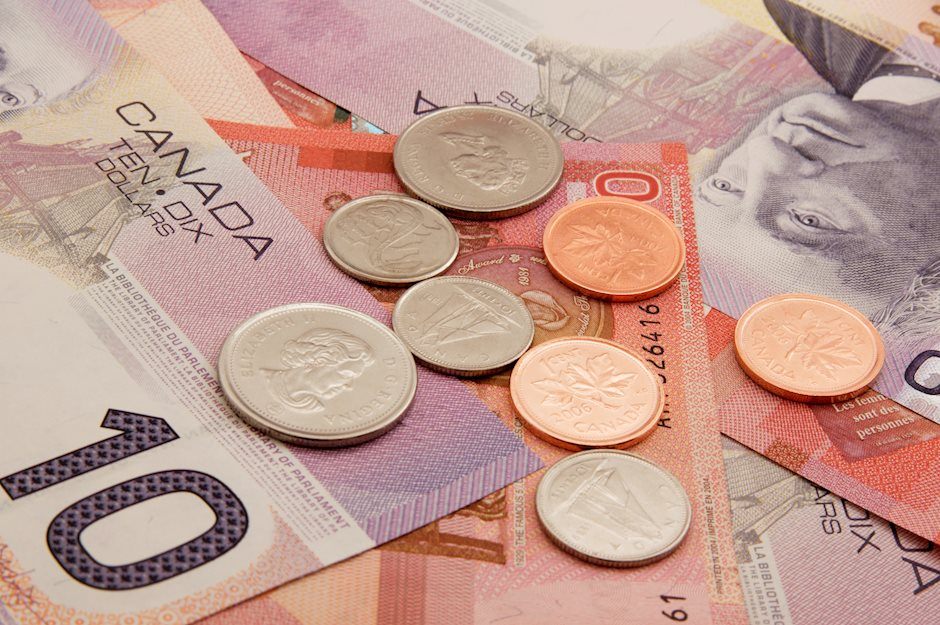USD/CAD Testing Key Support at 1.3140 Ahead of Razor-Thin Canadian Election

Canadians will head to the polls on Monday to vote in a federal election and the race between incumbent Prime Minister Justin Trudeau and Conservative challenger Andrew Scheer could not be tighter. Voters have only failed to re-elect an incumbent candidate to a second term on four occasions in the country's history, but recent polls show Trudeau's approval hovering around record lows, making him vulnerable against the former youngest-ever Speaker of the House of Commons:
With both candidates polling just above 30%, the winner will likely have to form a coalition with smaller parties in addition to working with a fragmented Parliament, but it's still worth exploring what their economic policies may mean for the loonie and the Canadian economy more broadly. Starting with the obvious: the Canadian economy has performed relatively well under Trudeau's tenure, with unemployment levels near record lows, inflation subdued, and the stock market hitting a record high last month, though GDP growth has moderated to below 2% this year.
Beyond voters' evaluation of the candidates' personalities, the biggest policy-related issue will be around the environment. Trudeau has a stated goal to reach net-zero carbon emissions by 2050 and exceed the country's 2030 carbon emission goals. By contrast Scheer plans to eliminate the country's carbon tax if elected. Therefore, a victory for Scheer may provide a short-term boost to the country's economy, and by extension, the Canadian dollar, though the longer-term outlook is more questionable.
Outside of the election, the loonie has also benefited from strong economic data this week, with the ADP jobs report coming in better than anticipated (with strong revisions) and a better-than-expected manufacturing sales report. Technically speaking, the loonie has been the strongest major currency year-to-date and peeked out to an 11-week high against the US dollar just yesterday:
With the MACD indicator also showing a shift back toward bearish momentum, a confirmed breakdown below 1.3135 in USD/CAD could open the door for a continued drop (rise in the loonie) toward the year-to-date low at 1.3015. Meanwhile, a bounce from this support level, perhaps on the back of a Trudeau victory, could extend into the 1.3200-1.3300 area before encountering meaningful resistance.
With the major candidates polling neck-and-neck on the eve of the election, and a minority government likely in either case, USD/CAD is poised for elevated volatility in the coming week!
Author

Matt Weller, CFA, CMT
Faraday Research
Matthew is a former Senior Market Analyst at Forex.com whose research is regularly quoted in The Wall Street Journal, Bloomberg and Reuters. Based in the US, Matthew provides live trading recommendations during US market hours, c



















